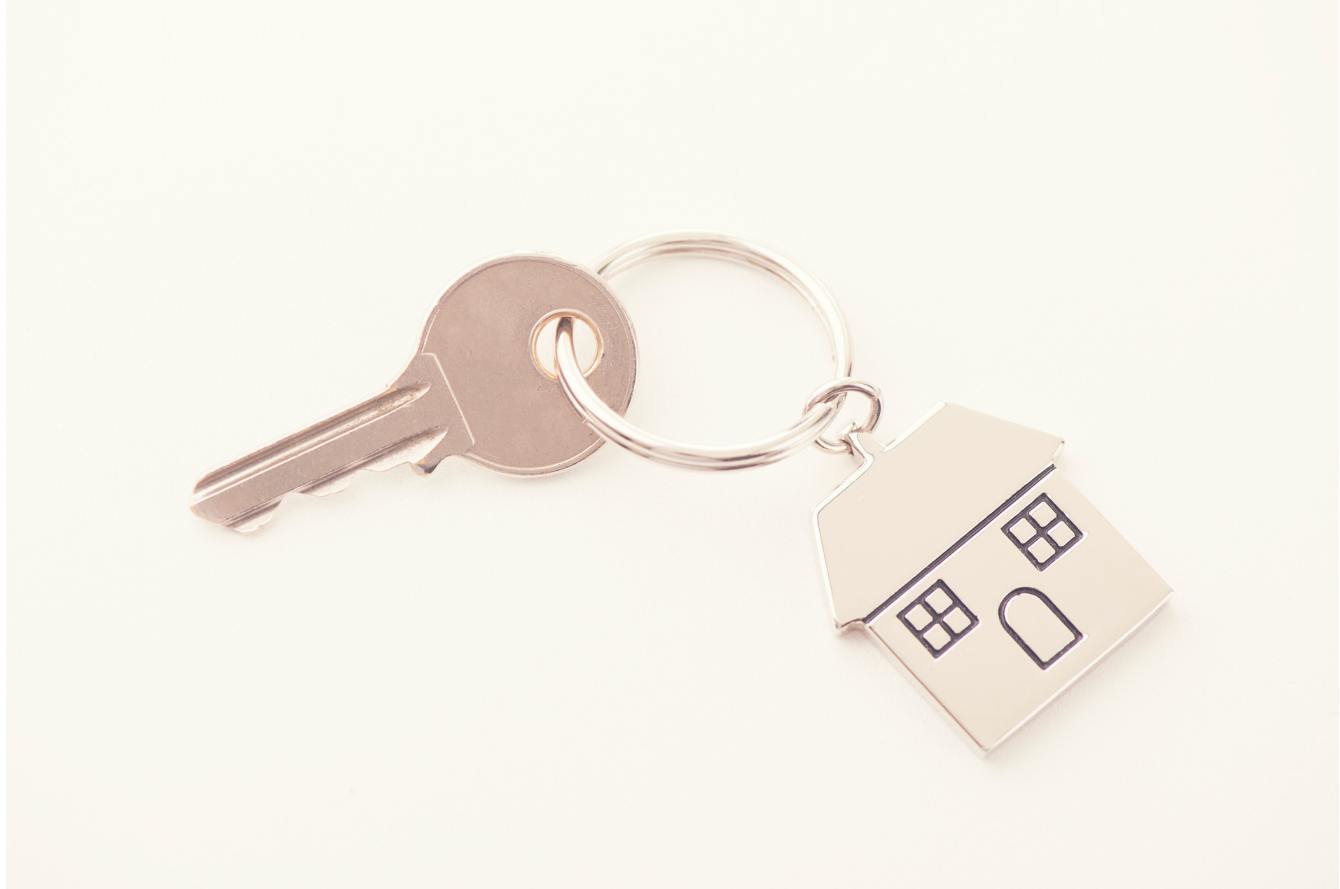Buying a house is exciting. It’s also a big commitment, and it’s important to understand the costs involved, so you can create a budget and avoid surprises at closing. With a little bit of planning, you can feel confident that you will be financially prepared at settlement.
Whether you’re a first-time homebuyer or a current homeowner who’s upsizing or downsizing, we’ll work with you to develop a “cash to close” plan, so your closing goes smoothly and you can start enjoying your new home as soon as you get the keys!
Here’s an overview of some of the most common expenses you can expect to pay at closing.
Homeowners’ insurance. When you’re buying a home it’s important to protect your investment, and property insurance is a requirement from your Lender. Homeowners’ insurance can help pay for the cost to repair your home and replace your belongings if they’re damaged. Your annual premium is due at closing.
Property taxes. Property taxes must be current at closing. Your lender will ascertain the amount of funds that will be required to ensure the taxes are paid current, as well as the amount needed for your monthly escrow account. These taxes help pay for various services, including schools, recreation such as public parks and playgrounds, roads, trash and recycling, public transportation and more.
Title fees. When you buy a house, you’ll be charged a fee for a title search that’s performed to find out who the house’s legal owner is and whether there are any unpaid taxes or liens that might affect the sale. Many people also buy title insurance, which can help protect your investment if someone discovers a problem with the title (e.g., filing error, fraud, unknown heir, etc.) after the purchase of your new home is complete.
Discount points. Points are a percentage of the amount you’re borrowing. You can pay points to get a lower interest rate on your loan. If you purchase points, the fee is due at closing.
Home inspection and appraisal fees. You may see home inspection and appraisal fees listed on your closing disclosures, but you pay for them when they’re conducted, not at closing. A home inspection can help identify issues with the property that the homeowner may need to remedy before you close on the sale. A home appraisal is typically conducted soon after your offer is accepted. The purpose is to determine the value of the home you’re buying, and it can help ensure you don’t overpay for your home.
Loan and lender fees. This is the cost to originate the loan and compensate your mortgage lender. Certain loan programs like FHA and VA may charge a percentage of the loan amount upfront or can be financed into the total loan amount.
If you need helping find the right loan for your next home, give us a call today. One of our Licensed Mortgage Professionals can review your options with you.





